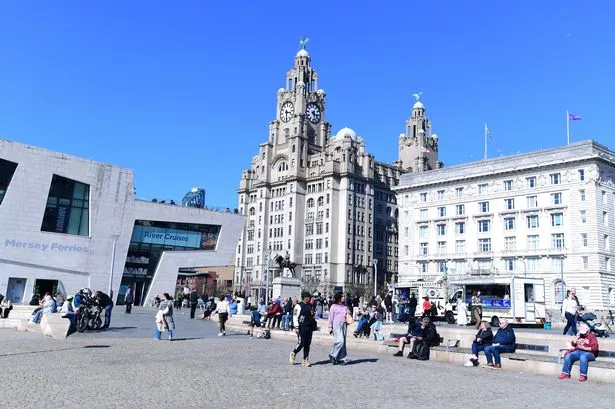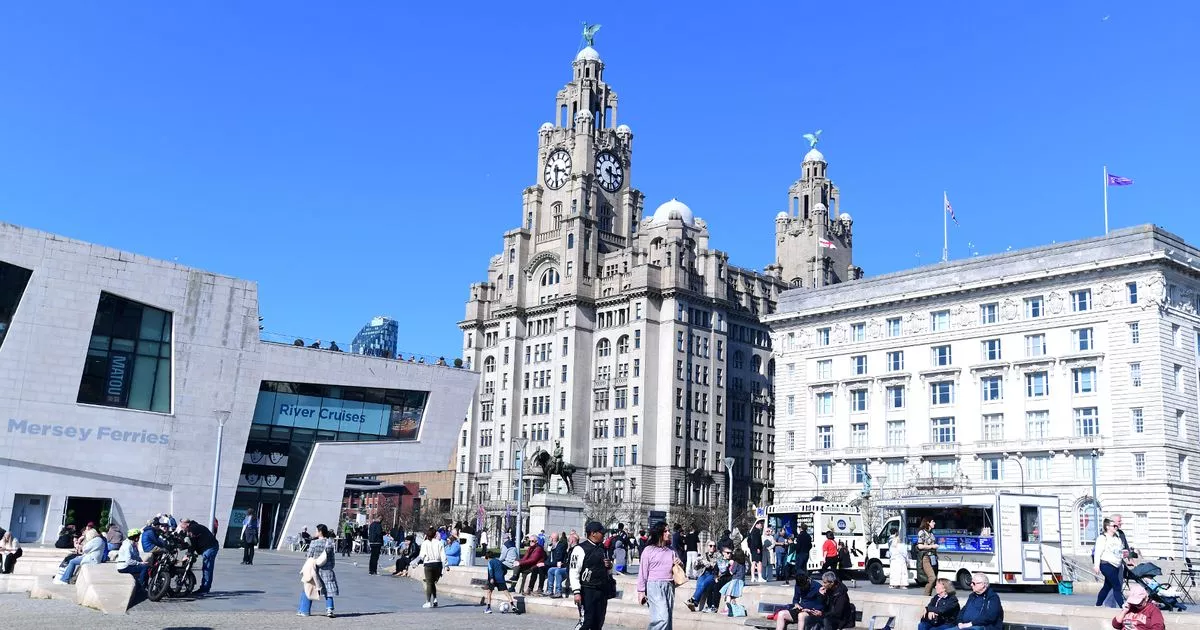Hotels voted to introduce the charge from June this year Liverpool hotels have voted to bring in the £2 charge for visitors(Image: Andrew Teebay Liverpool Echo)
Liverpool hotels have voted to bring in the £2 charge for visitors(Image: Andrew Teebay Liverpool Echo)
Guests staying in Liverpool will pay an extra £2 overnight charge from June. The city’s hotels and serviced apartments last week voted to introduce the extra £2 overnight charge for people staying in the city in the hope it would generate millions to support the hospitality industry.
The proposals, put forward as an alteration ballot through the Accommodation BID (ABID), were supported by a vote undertaken by 83 hotels represented by the organisation. The charge was supported by 26 votes to 18 against on a 53% turnout and it will be introduced this June.
The business improvement district model is the only one that allows for an overnight charge to be implemented in England. It allows for the raising of a levy, under government legislation, and requires a clear and transparent business plan for the proposed use of those funds.
According to the ABID, a £2 city visitor charge, often called a ‘tourist tax’ is projected to bring in £9.2m over two years, of which £6.7m will go towards supporting the city’s visitor economy through a subvention fund. This would be used to support business conferences and destination marketing and make an impact in bringing major events to the city that generate overnight stays.
Here we take you through how the charge will work.
Where else has a similar charge?
In April 2023, Manchester became the first city in the country to introduce a tourist tax. The city visitor charge – a £1 per room, per night fee – raised about £2.8m in its first year.
Edinburgh Council also introduced a 5% visitor levy on overnight stays in January this year – the biggest introduced in the UK to date. The charge will apply to each person, per night for the first five nights of their stay.
How will people pay the charge and what will the money go towards?
The £2 charge will be managed and administered by hotels and serviced accommodation, paid either when guests check in or at the end of their stay. The levy generated would then be administered by the ABID, a business improvement district governed by hotels and serviced apartment providers in the city.
ABID is managed by Liverpool BID Company, which includes two business improvement districts in the city centre and represents over 800 businesses. The ABID began operating in January 2023. Currently, a levy is paid on venues with a rateable value above £45,000.
Regarding the use of the money raised by the £2 charge, the ABID claimed the subvention fund could convert into a potential £220m total economic impact being spent in the city’s visitor economy through accommodation and hospitality, based on the economic impact of other events supported by the organisation, including the Labour Party Conference. The remaining amount will support destination marketing and the visitor economy.
An ABID press release stated: “The proposal would see the charge, which would be administered by hotels, going directly into the visitor economy and helping to support its growth and development, helping to create a circular and sustainable visitor economy, relieving pressure on the public purse.
“It would support business conferences and destination marketing and make a significant impact in bringing major events to the city that generate overnight stays, alongside other BID services including improving the public realm and targeted marketing campaigns. “
What have people in the industry said?
Steven Hesketh, a hotelier who is vice-chair of Liverpool Hospitality Association, supported the introduction of the charge. He told the ECHO: “I and many of my peers are delighted to see the Accommodation Business Improvement District continue to make an impact in Liverpool, and this change makes a huge difference, increasing the funds and in turn, continues the work being done to keep Liverpool at the heart of ‘visitor destination choice’ within the UK and beyond and is also essential in ensuring the big events continue to stay in Liverpool.
“Importantly for industry and I would say, also the public, these funds are managed and spent by the businesses in the city and are directed at making the city a great place to work, live and visit for all – these funds help deliver that, and also allows us to promote the city, so ultimately more will visit, ensuring all the city hospitality venues and wider eco system of suppliers continue to thrive.”
Marcus Magee is chair of Liverpool’s ABID and the general manager of the Doubletree at Hilton. Regarding the fee, he said: “This is a major step in enabling the hospitality sector to have a say and an influence in regards to the city’s decision-making around the visitor economy, which is crucial to the vibrancy and economy of the city.
“The business improvement district structure allows for a clear and transparent approach to the use of investment”.
